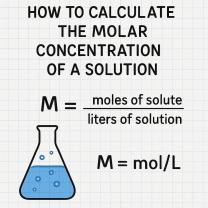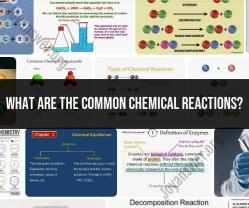Is physics really the most fundamental science?
Physics is often regarded as one of the most fundamental sciences, if not the most fundamental, due to its focus on understanding the fundamental principles and laws that govern the behavior of the universe. However, whether it is the "most" fundamental science is a matter of perspective and can vary depending on how one defines "fundamental."
Here are a few reasons why physics is often considered highly fundamental:
Study of Fundamental Laws: Physics seeks to uncover the fundamental laws of nature that describe the behavior of matter, energy, space, and time. These laws, such as the laws of motion, electromagnetism, and gravity, provide the foundational framework for understanding all natural phenomena.
Interdisciplinary Nature: Physics serves as a bridge between various scientific disciplines. It provides the fundamental principles that underlie chemistry, biology, astronomy, and many other fields. Therefore, physics plays a unifying role in the sciences.
Exploration of the Universe: Physics extends its reach from the smallest scales (particle physics and quantum mechanics) to the largest scales (cosmology and astrophysics), encompassing the study of the universe itself. It seeks to explain the origins and evolution of the cosmos.
Technological Advancements: Many technological advancements and innovations are rooted in the principles of physics. Physics has a direct impact on the development of technology, engineering, and various industries.
However, it's essential to recognize that other sciences are equally fundamental in their own right:
Chemistry: Chemistry delves into the behavior of atoms and molecules, providing insights into the composition and properties of matter. It is fundamental to our understanding of chemical reactions and materials.
Biology: Biology explores life at various levels, from cells and organisms to ecosystems. It seeks to understand the processes of life, evolution, genetics, and the diversity of living organisms.
Mathematics: While not a natural science, mathematics is fundamental to all sciences. It provides the language and tools necessary for expressing scientific concepts and developing theories.
Ultimately, the "most fundamental" science may depend on the context and the specific question being asked. Each branch of science contributes to our understanding of the natural world, and they often intersect and complement one another. The choice of which science is considered the most fundamental may vary depending on the perspective and the specific area of inquiry.












